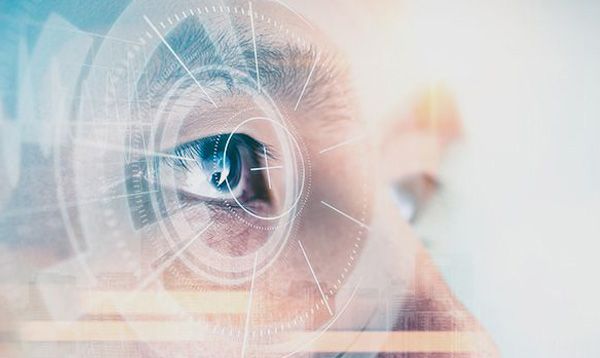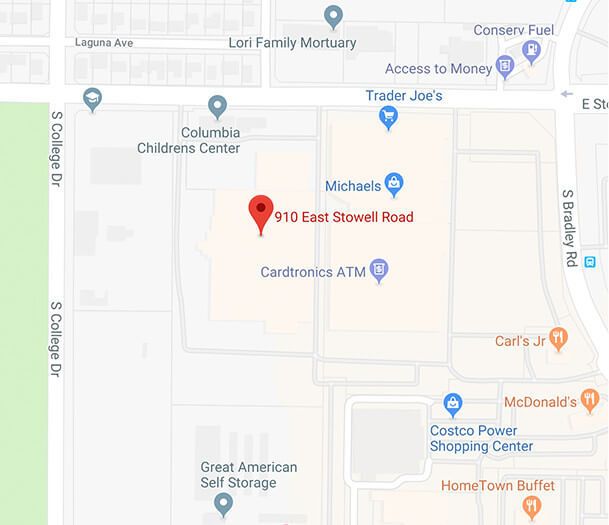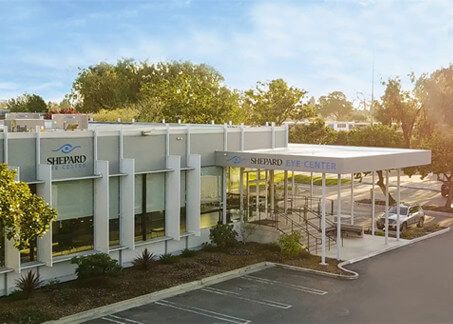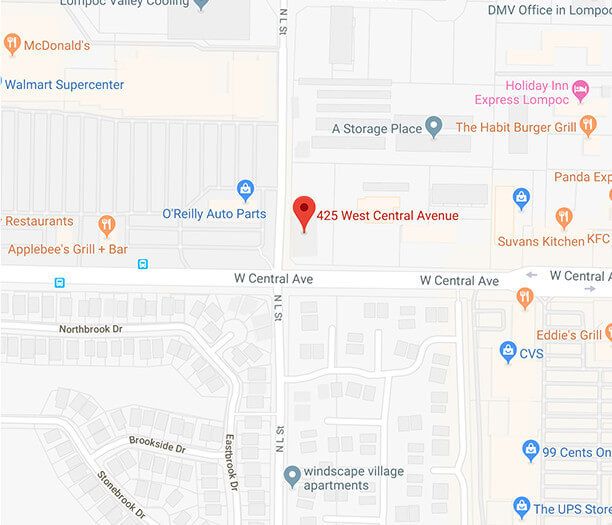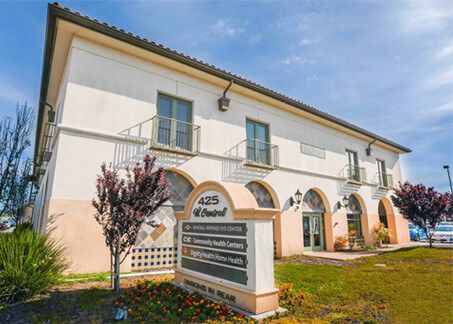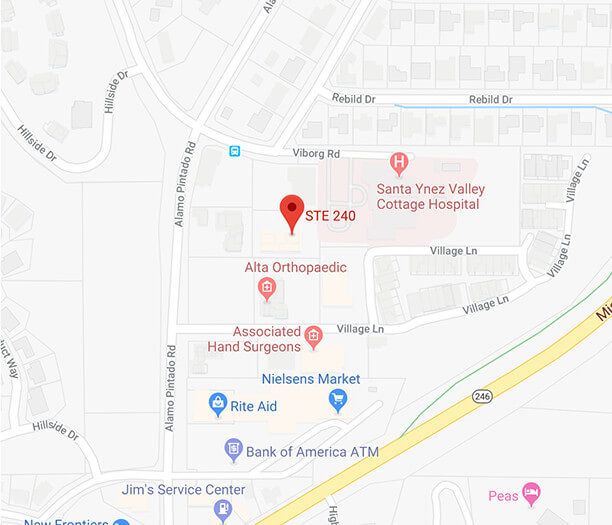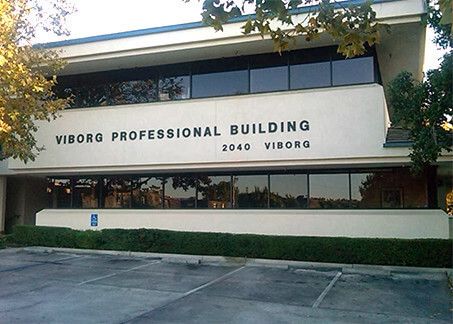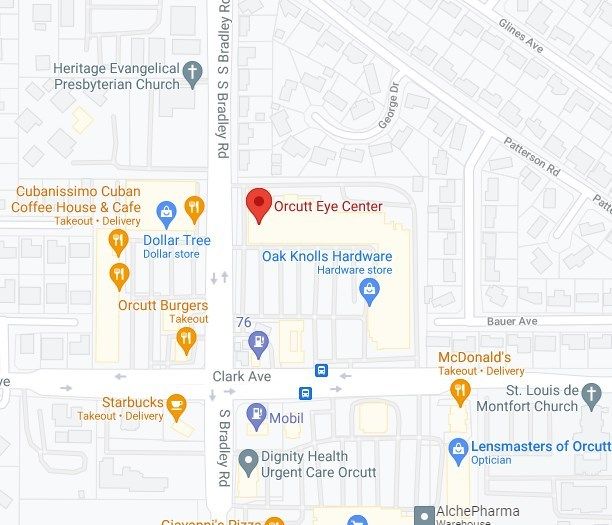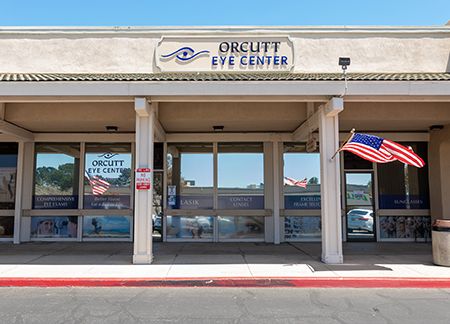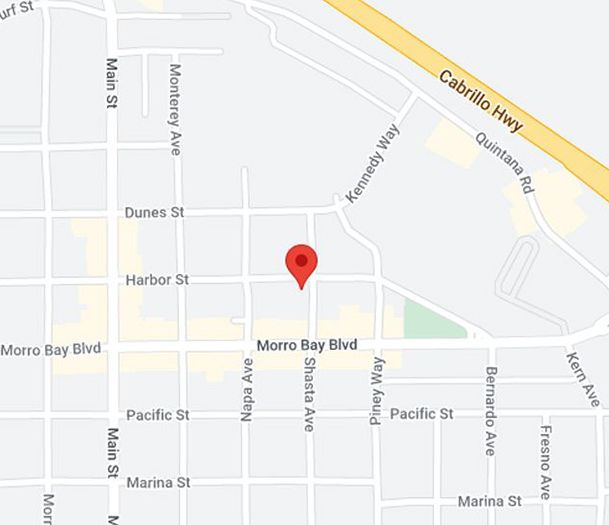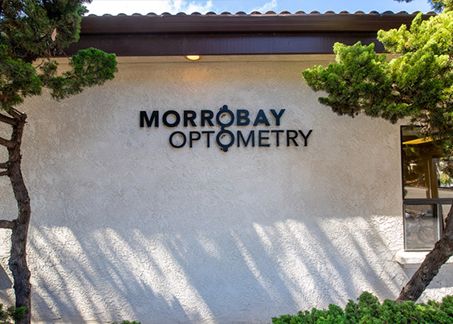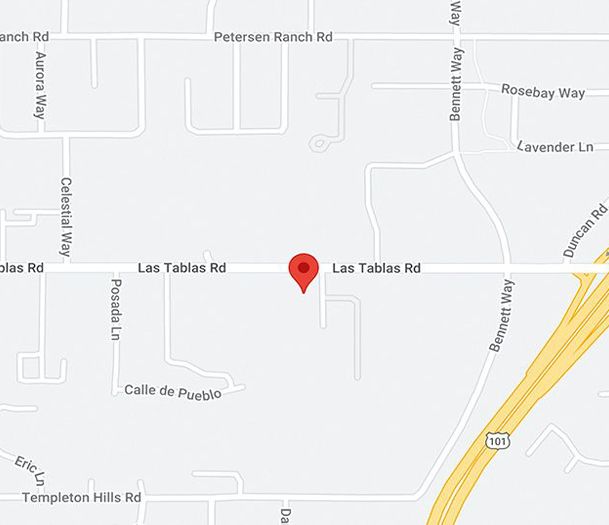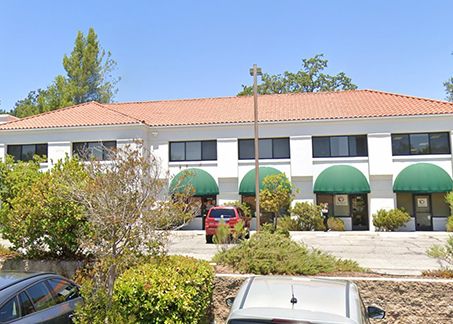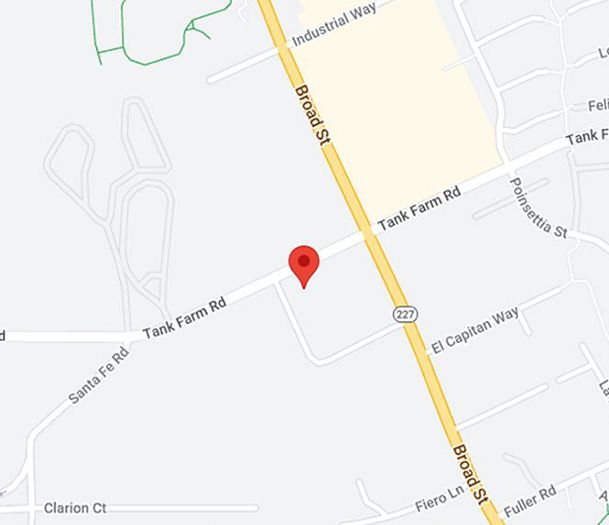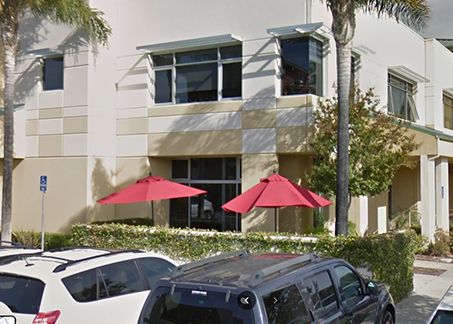Am I a good candidate for LASIK?
I have heard about CustomLASIK. What is this procedure?
What is the difference between Conventional LASIK and custom LASIK?
Is the actual LASIK part performed the same way? Or is CustomLASIK a completely different procedure?
I've heard a lot of great things about LASIK. What can LASIK do for me?
How will I know what procedure I need to have?
What does LASIK cost? Is there a price difference between Conventional and custom LASIK?
What do I need to know about different laser technologies?
Will the procedure hurt?
What will my recovery be like?
What are the risks?

Am I a good candidate for LASIK?
The best way for you to determine this is with a thorough exam from your eye doctor. Appropriate candidates must be at least 18 years old, in good general health, and have good eye health with no diseases such as cataracts or glaucoma. Laser vision correction can treat a very broad range of nearsightedness, farsightedness, and astigmatism.
LASIK FAQs Through an initial consultation with your eye doctor, your doctor will confirm if you are a good candidate, explain the procedure, and answer your questions so that you can make an informed decision. He will explain what results you can reasonably expect by measuring your prescription and thoroughly examining your eyes.
I have heard about CustomLASIK. What is this procedure?
CustomLASIK is a procedure that involves the use of a wavefront analyzer and enables your surgeon to customize the Conventional LASIK procedure to your individual eyes. This customized procedure can result in patients seeing clearer and sharper than ever before.
What is the difference between Conventional LASIK and custom LASIK?
CustomLASIK uses a tool called the wavefront analyzer to accurately measure the way light travels through your eye. The resulting map of your eye is then programmed into the laser, and the laser treats your eye based upon that personalized 3D map.
CustomLASIK helps to treat “higher order” aberrations, which are tiny imperfections in the eye that can have a significant impact on one’s quality of vision. In fact, higher-order aberrations have been linked to visual glare and halos.
Higher order aberrations have not been previously treatable with contacts, glasses or Conventional LASIK. Conventional LASIK is still a very good choice for many patients, though most will prefer the higher level of customization that CustomLASIK can provide. Ultimately, you need to discuss the options with your doctor. Your doctor can help you make the correct decision.
Is the actual LASIK part performed the same way? Or is CustomLASIK a completely different procedure?
The actual LASIK procedure is performed in exactly the same way in both Conventional LASIK and CustomLASIK. The pre-op testing for Conventional LASIK and CustomLASIK differ greatly. The wavefront analyzer used with CustomLASIK brings a whole new level of knowledge and accuracy to the surgeon.
I’ve heard a lot of great things about LASIK. What can LASIK do for me?
While laser vision correction has proven overwhelmingly successful in reducing dependence on glasses and contact lenses, the degree of improvement may vary among individuals. How well and how quickly your vision improves depends on how well you heal and the severity of your prescription. Although patients cannot be promised “perfect” or 20/20 vision, most laser patients with mild to moderate prescriptions do achieve 20/20 vision or are within 1 to 2 lines of 20/20 vision on an eye chart. This means they no longer need glasses or contacts to drive, play sports, watch movies and TV, or participate in careers requiring excellent vision such as police and fire departments.
Additionally, CustomLASIK has proven to be an exciting development. Clinical studies have shown that CustomLASIK can improve not only what you can see but how well you can see it. In the past, all vision was measured using a standard vision chart. If you could see the letters, the doctor would proclaim your vision as a number, such as 20/20, 20/100, etc. But now, with CustomLASIK, doctors are able to focus on the quantity and quality of your vision.
Many patients who have had CustomLASIK are reporting being able to see clearer than ever before. It’s as if someone had taken an ink pad and freshly stamped each letter on the vision chart in bold black letters. Because CustomLASIK corrects the unique imperfections in each individual’s vision, it is likely that night vision will be improved.
Your pre-procedure consultation with your doctor will help determine the range of your probable outcome based on your particular prescription, healing profile and expectations. The results and research gained from tens of thousands of procedures performed that have been shared, allowing our doctors to continually fine-tune techniques, more effectively forecast visual results, and counsel new patients. Keep in mind, as a patient age the need for reading glasses is quite common.
How will I know what procedure I need to have?
Your eye care professional is the best person to tell you that. CustomLASIK is necessary for some and desirable for many. Everyone’s eyes are different and your eyes may best be treated with CustomLASIK. You should schedule a consultation with your eye doctor. Together, you can determine what is right for you.
What does LASIK cost? Is there a price difference between Conventional and custom LASIK?
The price of the procedure is determined by the level of refractive correction required and the laser technology recommended for your specific condition. For information on pricing, please contact us.
The cost of CustomLASIK is generally greater than the cost of Conventional LASIK. CustomLASIK is performed using some of the most advanced technology in the vision industry. The procedure combines the technology of the wavefront analyzer with the precision of a computerized laser and the skill of your respected surgeon.
What do I need to know about different laser technologies?
We utilize the latest laser technologies including eye trackers and scanning lasers. We use only FDA-approved lasers to gently reshape the cornea during LASIK. These excimer lasers use cool, computer-controlled beams of ultra-violet light. The best technology and laser for you is determined during a personal consultation and is dependent on such things as prescription, the thickness of the cornea, size of the pupil and ocular anatomy.
Will the procedure hurt?
Most patients find the procedure to be slightly uncomfortable. One good way to learn more about how it might feel is to talk to someone who has had the procedure, such as a friend or relative, or a staff member at the doctor’s office. For most patients, the feeling of anxiety and the fear of the unknown is worse than the actual procedure.
Anesthetic drops are used to numb the eye just before surgery begins and you may be given a mild sedative. After your procedure, your eye may feel a foreign body sensation or irritation for a few hours, but most patients are quite comfortable after taking a short nap. You will be given drops for your eyes to counteract the potential dryness you may experience for several days following the surgery.
What will my recovery be like?
Most LASIK patients usually see quite well the day following their procedure and may be able to resume most of their normal daily activities, but patients with higher prescriptions may recover more slowly. Although the speed of visual recovery depends on personal healing patterns, most patients notice dramatic visual results within the first few days following their procedure.
What are the risks?
There are risks with the laser vision correction procedure. However, the chance of having a vision-reducing complication has been documented in a number of clinical studies to be minimal. Remember, millions of people have had excellent results from laser vision correction.
Some potential complications include conditions such as dryness, complications in making the surgical flap, night glare, under or over-correction, and loss of best-corrected vision. These and other risks of the surgery are discussed fully with the patient prior to the procedure.
Proper preoperative screening ensures that we proceed with the procedure only when it is medically advisable. As well, diligent post-operative care helps to identify and address any potential healing complications.
If you would further information about LASIK, please don't hesitate to contact us.




